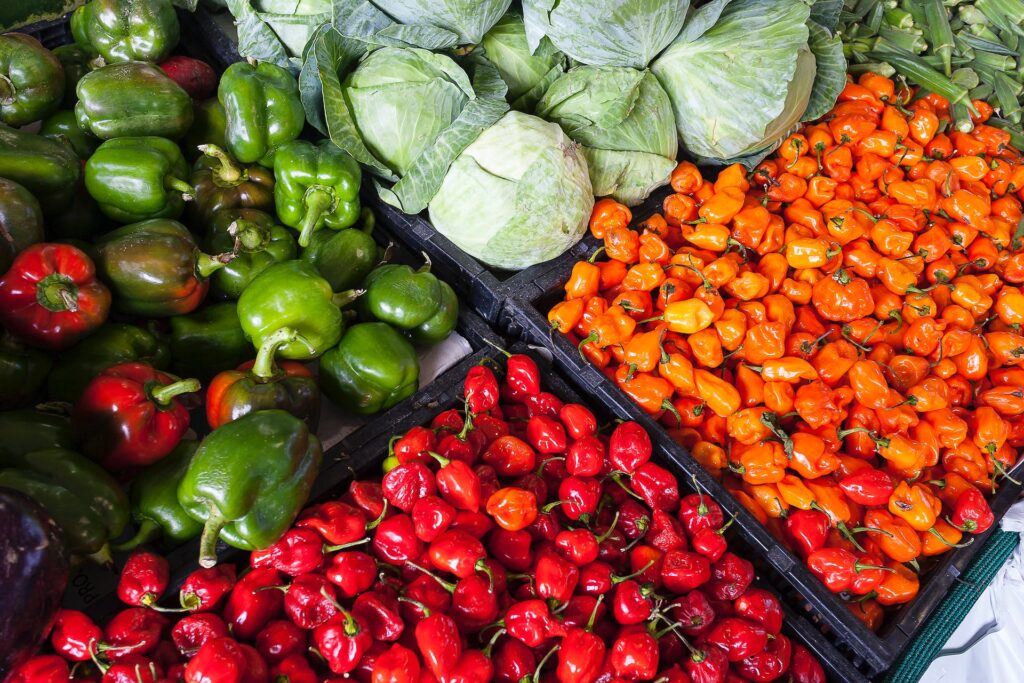In a world increasingly conscious of environmental sustainability and health, organic farming stands out as a beacon of hope and responsibility. This comprehensive guide delves into the essence of organic agriculture, a method that goes beyond mere food production to embrace an eco-friendly and sustainable approach to farming. By understanding the principles of organic farming, including its strict avoidance of synthetic pesticides and fertilizers, commitment to soil fertility, emphasis on biodiversity, and respect for animal welfare, we gain insight into how this practice not only nurtures healthier produce but also contributes to a healthier planet. Join us in exploring the multifaceted world of organic farming, where each aspect is a testament to working in harmony with nature.
Defining Organic Agriculture
Organic farming is a practice defined by its commitment to the use of natural processes and materials, specifically avoiding synthetic pesticides and fertilizers. This approach is not just about producing food but about nurturing a sustainable and environmentally friendly agricultural ecosystem.
Soil Fertility and Nutritional Quality
A cornerstone of organic agriculture is enhancing soil fertility naturally. This is achieved through methods like using natural compost, crop rotation, and incorporating organic matter into the soil. Such practices not only boost the nutritional value of the produce but also ensure the land’s long-term fertility and productivity.
Biodiversity in Organic Farming
Biodiversity is integral to organic farming. By supporting a wide range of plants and animals, organic farms promote a balanced ecosystem. This diversity plays a crucial role in natural pest control, pollination, and maintaining a healthy farming environment.
Animal Welfare in Organic Farming
Ethical treatment of animals is a key aspect of organic farming. This chapter discusses how organic farms ensure humane conditions for livestock, including access to the outdoors and organic feed. This ethical approach not only benefits the animals but also enhances the quality of animal-derived products like meat, eggs, and dairy.
The Holistic Impact of Organic Farming
Organic farming is a holistic approach that respects natural growth processes and environmental sustainability. Understanding these principles helps us appreciate the true value of organic produce and its positive impact on health and the environment.
In summary, organic farming is not just a method of cultivation; it’s a philosophy that intertwines with the larger tapestry of environmental stewardship and sustainable living. This guide has explored the various facets of organic agriculture, from its fundamental avoidance of synthetic pesticides and fertilizers to its focus on soil health, biodiversity, and ethical animal treatment. Through these practices, organic farming offers a path to producing food that is not only nutritious and safe but also respectful of the natural world. It stands as a testament to the possibility of a harmonious relationship between agriculture and the environment, offering a model for future farming practices. As consumers, our choices can support this sustainable approach, contributing to a healthier planet and a more sustainable future.
Read more on Organic Farming on the website Rodale Institute.

